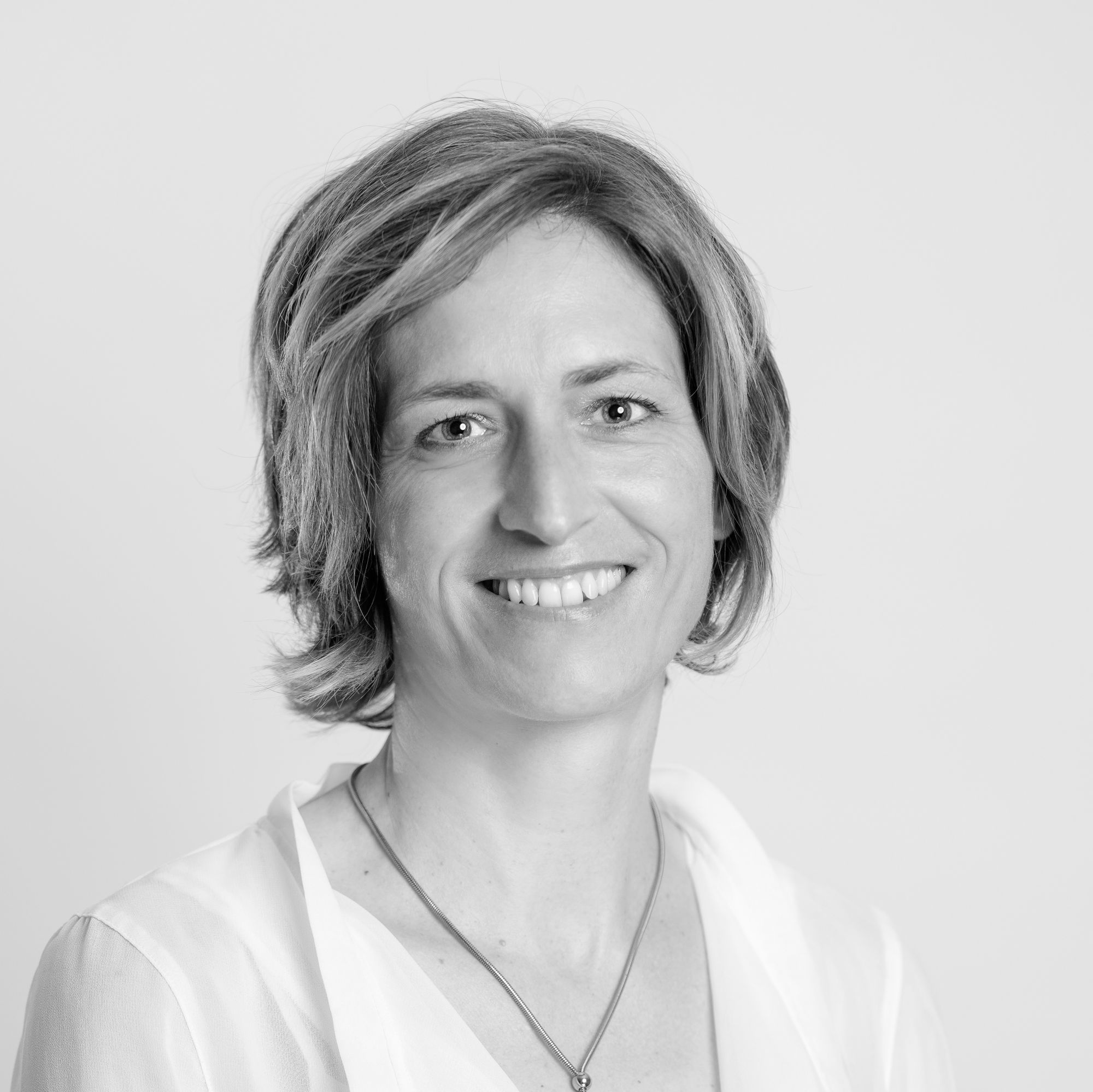- Home
- EN
- Our impact
- ProspeKtive
- With the health crisis, the tendency to collaborate has strengthened

With the health crisis, the tendency to collaborate has strengthened
December 2020
Expert
Collaborative seems to be the new injunction of the workplace. It infuses everywhere, from space to furniture to services. Ursula Raidt, director of strategic and international development at Kardham, gives us her vision of this announced change.
Is the collaborative wave in workspaces a fundamental trend or a marginal phenomenon?
Ursula Raidt: The trend towards the development of collaborative spaces is a fundamental trend that is not new. She draws her inspiration from the process of creation and innovation inherent in artist workshops, then fab labs and hackerspaces. With the health crisis, this trend fueled by digital technology has intensified. After collaborative digital platforms, it is the turn of physical spaces to take this turn, allowing strong interactions between individuals and the emergence of collective intelligence. Strongly anchored in these changes, workspaces in particular can no longer turn back. More and more, transversality and teamwork are becoming cardinal values in the company. Places have no other choice but to adapt to this new situation. The flexibility that underlies their layout is imperative.
How did the collaborative wave sweep across educational settings?
UR: Collaboration doesn't stop at the workspace. It also infuses places of learning. The golden age of auditoriums and bleachers is behind us. More precisely, the collaborative wave operates at three scales in order to put the student at the heart of learning and to make him more active. At the level of workspaces where the teacher / student relationship is being rethought. At the level of the common spaces which, from the canteen to the corridors via the stairs, have been redesigned to bring out this collective intelligence. Finally, in terms of collaboration with the outside world and in particular companies and researchers who no longer hesitate to join large campuses open to the city and the territory. This hybridization is welcome insofar as the places of education train students for their future corporate life. Higher education schools have integrated this dimension well. We are, in this regard, at the beginning of history. This third dimension of collaboration, which mixes education and economics, will gain ground. Finally, the importance of digital (equipment and installations) and service software (services to users and buildings) should be underlined, as well as the furniture which has been redesigned to support this change - even if it is a mistake to believe that the layout of the space is regulated only by the furniture. Faced with the challenges of this transformation of educational real estate, the Kardham Group has set up a specialized and dedicated team to support its clients in several projects such as the Maison de la représentation in license at the University of Toulouse 3, the Campus digital technology of Toulouse, ESCP Business School, the Normandy international digital innovative high school campus, the Catholic University of Lille or the University of Paris 8.
Isn't the disappearance of the traditional workspace the next step in the collaborative wave?
UR: Collaborative work continues to evolve workspaces. But let's not get confused about the debate. It is not about signing the outright shutdown of the office or the end of the individual workspace that will remain necessary, even in small amounts. The subject should rather focus on the way in which spaces are able to respond to new uses and of course remain focused on human beings. Taking into account the diversity of needs and individual expectations still seems essential. At the Kardham scale, we know that not everything can be done collaboratively.
Release date: December 2020



